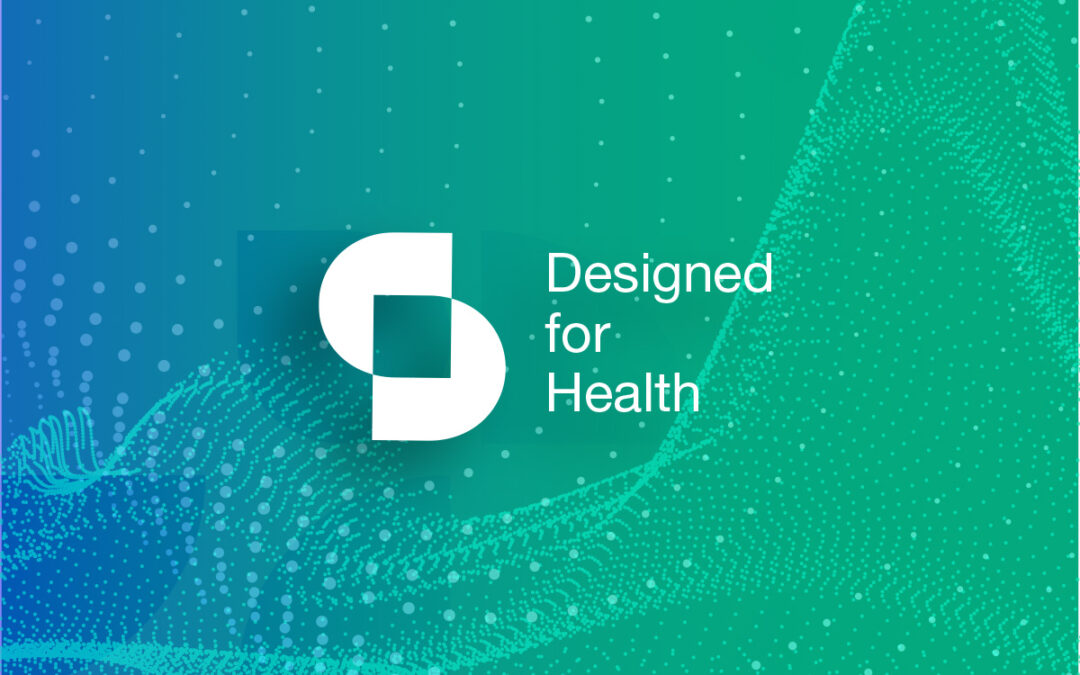
What is Pharmacogenomics (PGx) Testing?
Our understanding of human DNA and how our genes impact our health has grown exponentially over the past few decades. From these discoveries, a key area of research has emerged known as pharmacogenomics—the study of how genes affect the body’s response to certain medications.
Just as your genes determine the basic truths of your biology—things like your height and eye and hair color—genes also determine how your body reacts to certain medications. No medication works the same for everyone; in fact, results can vary widely.
Although more than 5 billion prescriptions are filled each year1, response rates for many drugs are only 50-75%2. It is estimated that ineffective medications produce an additional $528 billion in healthcare costs each year.3
Pharmacogenomics (PGx) testing looks at specific genes that affect the body’s response to certain medications. This information can be used by your healthcare provider to:
- Determine which medications are most and least likely to be effective for you
- Determine what the best dosage might be for you
- Predict whether you will have a serious side effect from a medication
Research has shown that >90% of patients possess clinically actionable genetic variants that affect their drug response.4,5
How Genes Predict Drug Effectiveness
Each of us has a system of proteins that influence how we metabolize, transport, and respond to medications in our bodies. Using genetics to understand these proteins makes it possible to predict how effective a medication will be.
Studies have shown that a family of liver enzymes called Cytochrome P450 (CYP450), which is largely responsible for neutralizing impurities in the blood, conduct about 90% of drug metabolization.6
Your body sees medications as impurities. As soon as a medication hits your bloodstream, your CYP450 begins breaking it down. How much of a given CYP450 enzyme your body produces is determined by your genes. In general, if you have a lot, it will clean medications out of your bloodstream quickly. If you have only a little, the medication will build up over time.
Typically, medication dosages are set for people with an average level of CYP450 enzymes. PGx testing helps your healthcare provider determine if your dose needs to be increased or decreased and whether a medication that works for most people might be ineffective or even dangerous for you.
Scientists have classified CYP450 enzymes into three primary categories:
- Rapid metabolizer: A rapid metabolizer breaks down medications very quickly, which means your body may not be exposed to enough of it and the medication won’t be as effective.
- Slow metabolizer: A slow metabolizer breaks down medications very slowly. As a result, medications metabolized by these enzymes might remain in the body longer, which could lead to adverse side effects.
- Extensive metabolizer: An extensive metabolizer breaks down medications at what is considered a ‘normal’ rate. Ideally, providers should consider choosing medications that fall in this category.
Benefits of Pharmacogenomics Testing
One of the areas PGx testing is revolutionizing is in mental health treatment. Anxiety disorders are one of the most common psychiatric disorders in the U.S. Approximately 40 million American adults have some form of anxiety disorder.7
The good news is that there are many different psychiatric medications available to help patients with anxiety. The bad news is that it can be challenging to find the right medication and dosage that both maximize effectiveness and minimize side effects and adverse drug reactions.
As a result, psychiatric medication is often prescribed on a trial-and-error basis, with healthcare providers monitoring the patient’s response and then adjusting medications or doses as needed. This process can be frustrating, time-consuming, expensive, and can potentially make the patient’s condition worse before the right combination is found. In fact, 50% of depression patients do not respond to the first medication they try.8
Instead of going through the painstaking process of trial and error, pharmacogenomics testing can help providers select medications and dosages most likely to be effective from the start.
One study showed that on average, patients with mood/anxiety disorders using PGx testing have a ~$2,000 reduction in health care costs, 40% reduction in ER visits, and a 60% reduction in hospitalizations.9 In a separate study, individuals who received PGx-guided decision support tools therapy were 1.71 times more likely to achieve symptom remission relative to individuals who received treatment as usual.10
LifeKit® PreScript from SOLVD Health
SOLVD Health is driving innovation and making health possible by helping healthcare providers use genetic testing to identify the best possible treatment paths for their patients. SOLVD Health’s LifeKit® PreScript is a genetic test that helps providers, based on their patient’s DNA, identify which medications are most likely to be effective and which should be avoided.
Using a simple cheek swab sample, LifeKit PreScript analyzes 14 genetic variants that impact how a person’s body metabolizes medication. Providers receive a detailed report that indicates how an individual will respond to the medications they are currently prescribed, as well as any medications being considered for future use, to help support more informed decision-making about drug selection. The result is a treatment designed specifically for you.
References:
1IMS Institute for Healthcare Informatics
2Spear BB, Heath-Chiozzi M, Hu J: Clinical application of pharmacogenetics. Trends Mol. Med.7, 201–204 (2001).
3Watanabe, J. H., et al. Cost of Prescription Drug–Related Morbidity and Mortality. Annals of Pharmacotherapy. 2018; 52(9), 829–837.
4Van Driest, SL, et. al., Clin Pharmacol Ther. 2014; 95(4): 423–431.
5Yuan, J. et. al., Jmol Diag. 2016; 18(3): 438-445.
6Lynch, T., & Price, A. (2007). The Effect of Cytochrome P450 Metabolism on Drug Response, Interactions, and Adverse Effects. American Family Physician, 391–396. https://www.aafp.org/afp/2007/0801/p391.html
7Anxiety and Depression Association of America. (n.d.). Facts & Statistics. Anxiety and Depression Association of America, ADAA.
8Perlis et al. Pharmacogenetic Testing Among Patients With Mood and Anxiety Disorders Is Associated With Decreased Utilization and Cost: A Propensity-Score Matched Study. Depression and Anxiety. 2018; 35(10), 946–952.
9Bousman et al. Pharmacogenetic tests and depressive symptom remission: a meta-analysis of randomized controlled trials; Dec 2018 https://doi.org/10.2217/pgs-2018-0142
10Trivedi MH, Rush AJ, Wisniewski SR, et al. Evaluation of outcomes with citalopram for depression using measurement-based care in STAR*D: implications for clinical practice. Am J Psychiatry. 2006;163(1):28-40.



Recent Comments